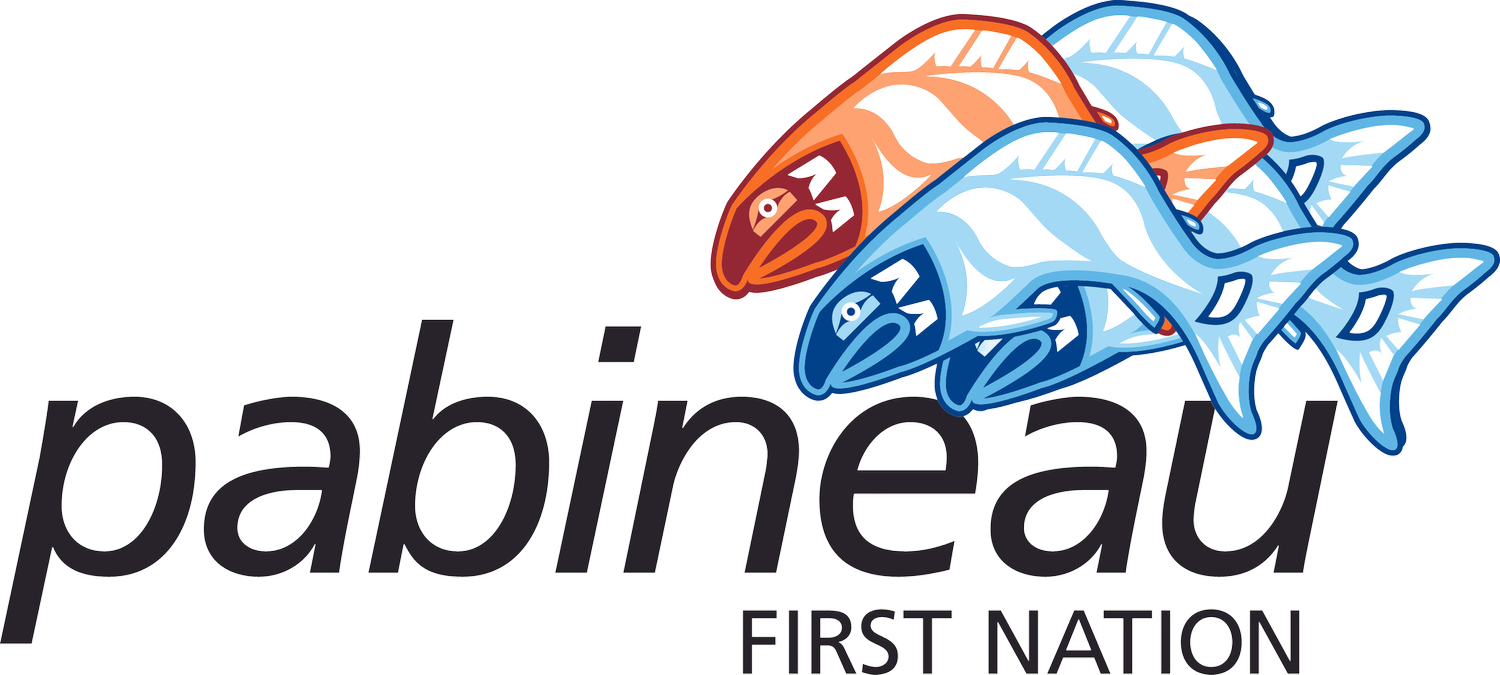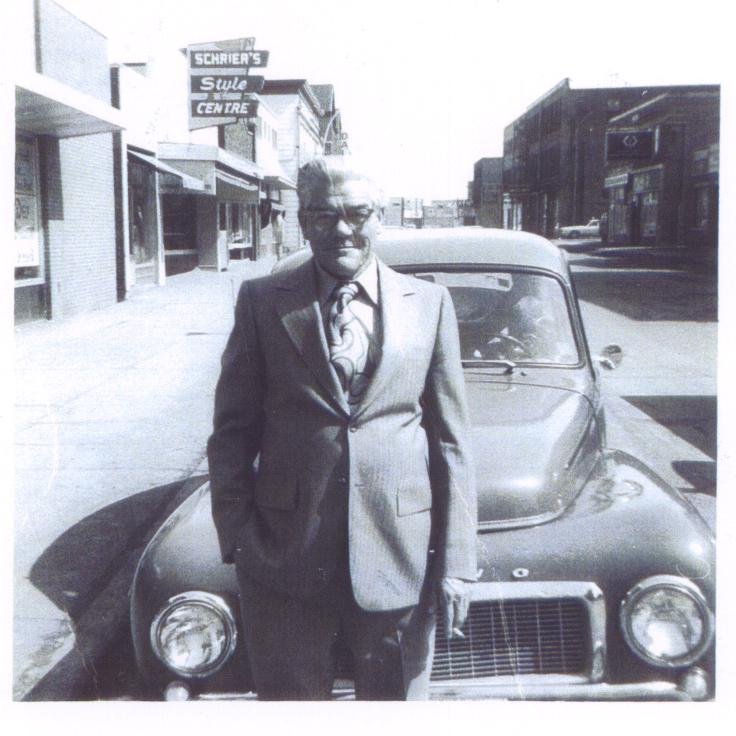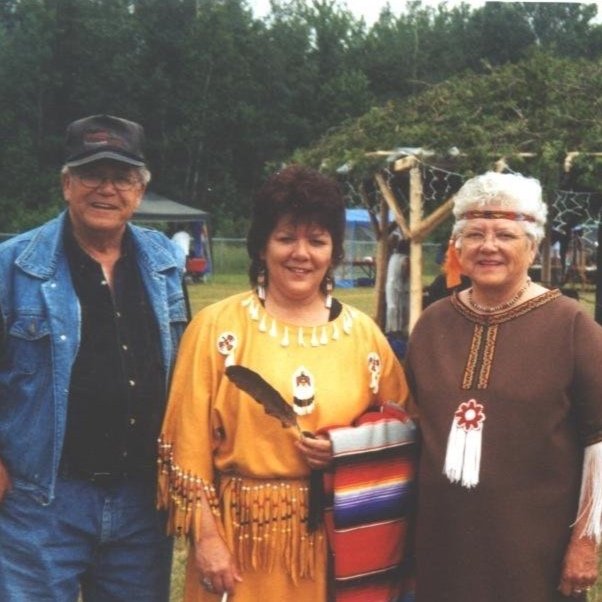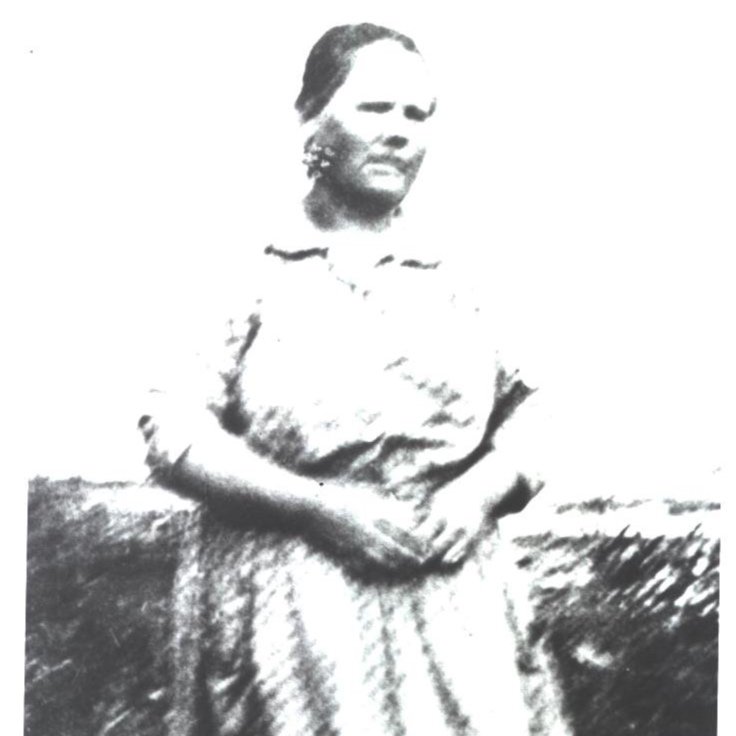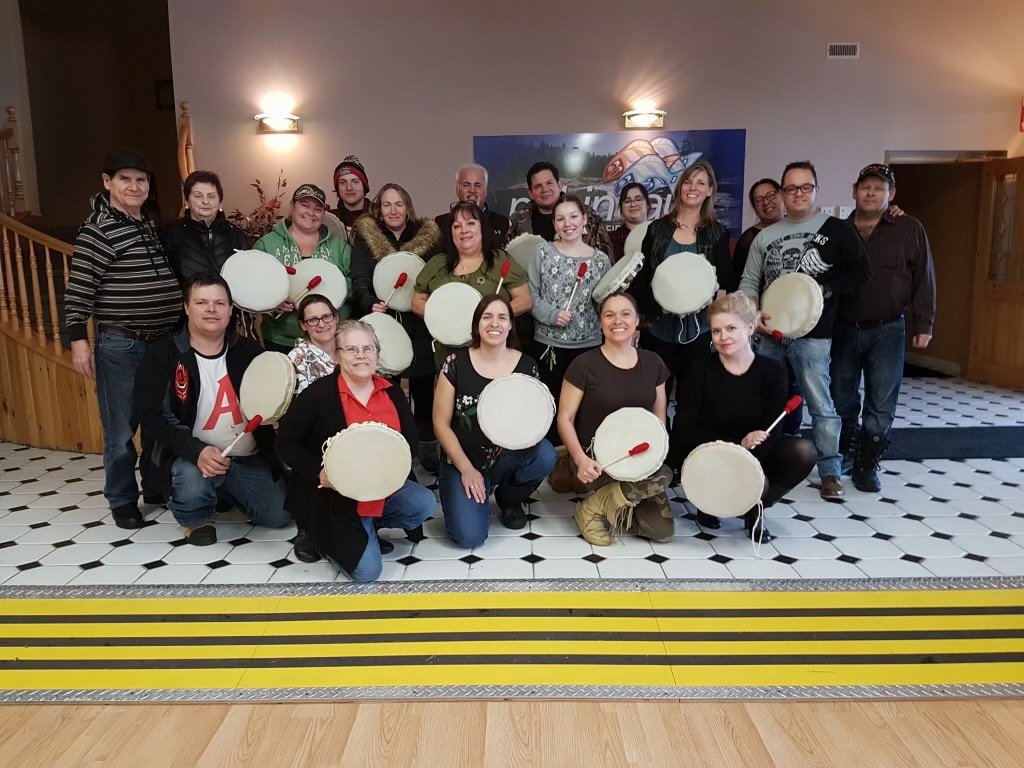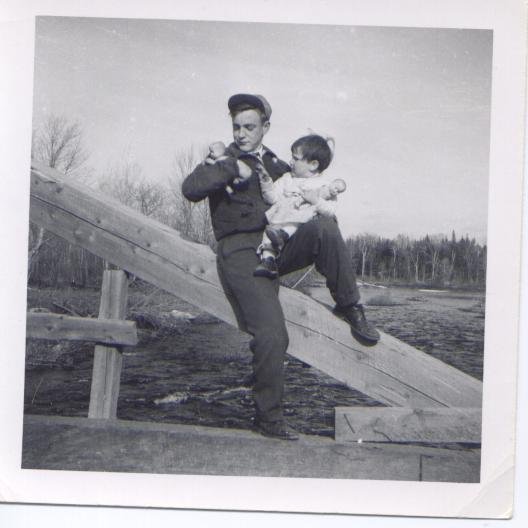
Our elders are the living libraries of cultural, historical, and practical knowledge that withhold the roots of the identity of our community. Their presence ensures the intergenerational transmission of wisdom, helping us thrive while staying rooted in our rich cultural heritage.
—
In Pabineau First Nation (Oinpegitjoig), Elders hold a position of profound importance and influence. Their role goes beyond age and is rooted in a deep respect for their wisdom, experience, and connection to the community's cultural heritage. Our Elders are pillars of guidance, knowledge, and cultural continuity. They are a vital part of maintaining the community's social fabric, values, and traditions. Here are some key reasons why Elders are crucial to our communities:
1. Cultural Guardians: Our Elders are the living library of the community's cultural heritage. They possess extensive knowledge of traditions, rituals, stories, languages, and historical events. This knowledge is passed down through oral tradition and mentorship. The Elders ensure the preservation and transmission of their cultural legacy to younger generations.
2. Spiritual and Moral Guidance: Our Elders hold spiritual authority and are sought for guidance in spirituality, ethics, and morality. Their insights are valued in decision-making processes, conflict resolution, and establishing community norms. They also help maintain a sense of unity and shared values.
3. Knowledge Keepers: Our Elders possess practical knowledge about survival, resource management, and sustainable living within our traditional territory and land and water use areas. This includes knowledge of hunting, gathering, agriculture, and traditional healing practices.
4. Interpersonal Relations and Conflict Resolution:Our Elders play a pivotal role in resolving disputes and maintaining harmonious relationships within the community. Their impartiality, wisdom, and experience make them effective mediators who can help prevent disputes from escalating into conflicts.
5. Teaching and Mentorship: Our Elders are revered teachers and mentors, guiding younger generations in various aspects of life, from practical skills to cultural norms. They provide hands-on education, sharing life lessons and imparting wisdom through storytelling and experiential learning.
6. Connection to the Land: We are deeply intertwined with the land, water and nature overall. Our Elders are profoundly connected to the land, the water and its significance in our cultural survival and stories. Their insights help younger generations understand the land's spiritual, ecological, and cultural importance.
7. Ceremonial and Ritual Leaders: Our Elders are critical in conducting important ceremonies, rituals, and celebrations integral to the community's identity and spirituality. Their participation ensures the authenticity and proper execution of these events.
8. Community Decision-Making: Our Elders have a significant voice in our community's decisions. Their input is sought on land and water use, resource allocation, and community development issues, as their experience lends valuable perspectives to these discussions.
9. Role Models for Behaviour: Our Elders set examples of respectful behaviour, humility, and compassion. Their actions and demeanour guide how community members should interact with each other and their surroundings.
10. Health and Well-being: Our Elders possess knowledge of traditional healing practices, herbal remedies, and holistic approaches to health. Their guidance in physical, mental, and spiritual well-being is invaluable.
Our Elders are the living libraries of cultural, historical, and practical knowledge which are the roots of our identity as a Mi’gmaq community. Their presence ensures the intergenerational transmission of wisdom, helping us thrive while staying connected to our rich cultural heritage.
